The coachman

One morning I woke up to find a text message on my phone, sent at 6:12 AM.
I wanted to let you know yesterday but I didn’t know the exact hour when it would happen. Or actually, I didn’t want to tell you. You wouldn’t come to shoot it, you couldn’t… I didn’t want you to see Murat like that. He passed away 20 minutes ago. He’s not with us any more, he’s now galloping freely on infinite meadows. He’s dead.
Murat was Koray’s horse.
Koray has been driving horse-drawn carriages on Burgaz, one of Istanbul’s Prince’s Islands, for 20 years. When I first met him, with a coffee in his hand and a cigarette between his lips, he was grooming the horses slowly and gently. I had already heard about him: he knew a lot about horses; he spoke their language; he took the old and injured ones which were to be shot and treated them. Many nights, he slept in the stables with his horses: he cared about them, he loved them.
Today, I can add this: Koray treats the horses as his equals, not commodities.
In Istanbul, the last remnants of an organic relationship with animals are confined to the outskirts of the city, where rural families live with their goats, dogs and cattle on a handful of green lands stuck in between the surrounding TOKI (state-sponsored residential building) sites.
With its dependence on hard physical labour and lack of automation, carriage driving has become a remnant of another age; the coachmen a symbol of it. The profession has no place in today’s mass production and consumption cycle: it requires humans to maintain a direct relationship with animals, and coexistence is a prerequisite for the survival of both. Modern urban life has come to deny humans of the right to live together with animals: in cities today, animals belong to shelters and zoos. The Princes’ Islands, with their non-motorised streets, human-sized buildings, carriages, stray horses and street animals that are collectively cared for, are some of the last examples of this other age of Istanbul. The island coachmen remind of a past world where humans used to work with animals, live with them, and speak their language.
Many nights, he slept in the stables with his horses: he cared about them, he loved them.
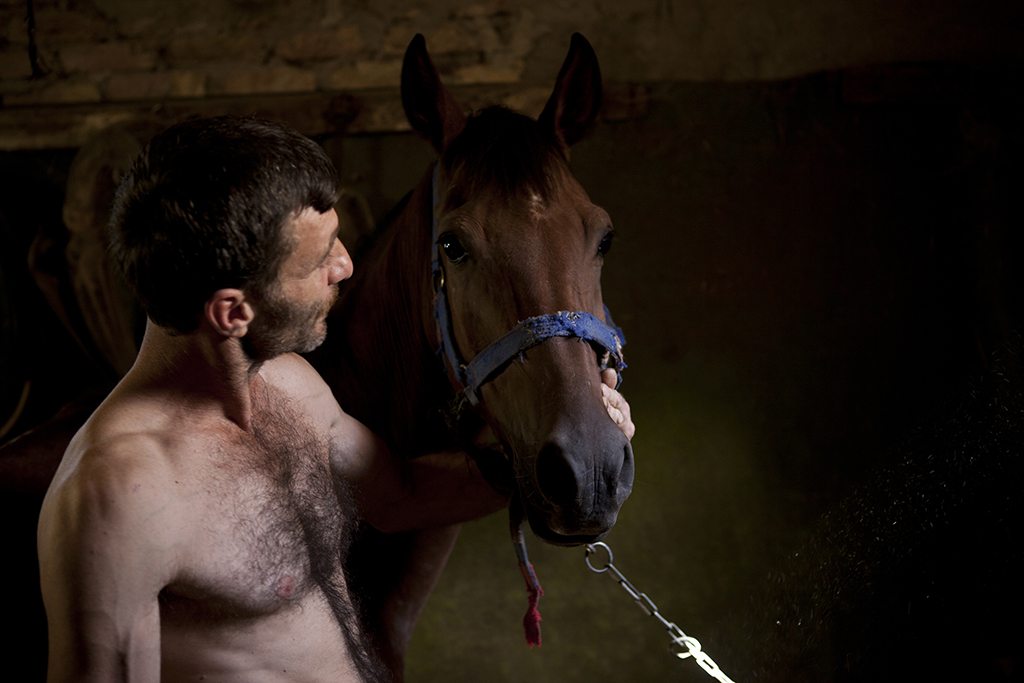
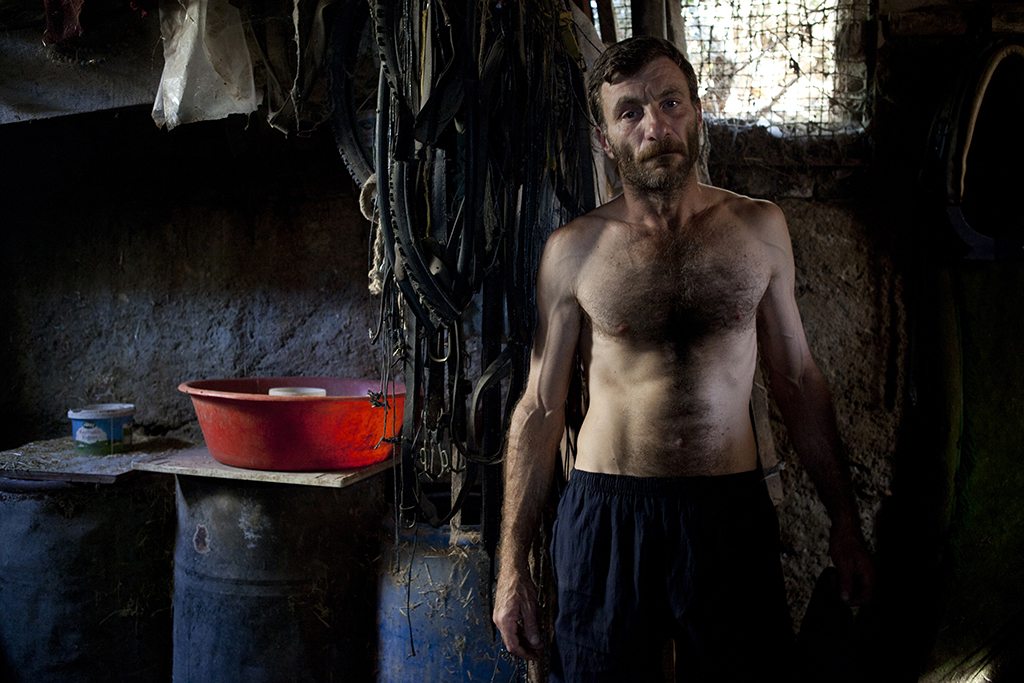
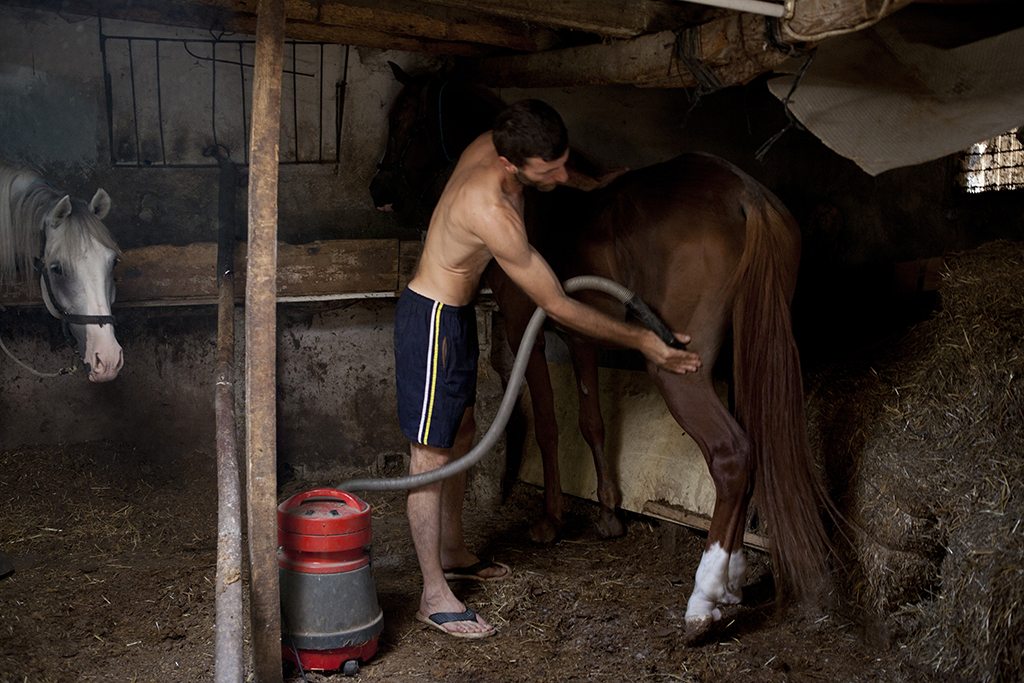
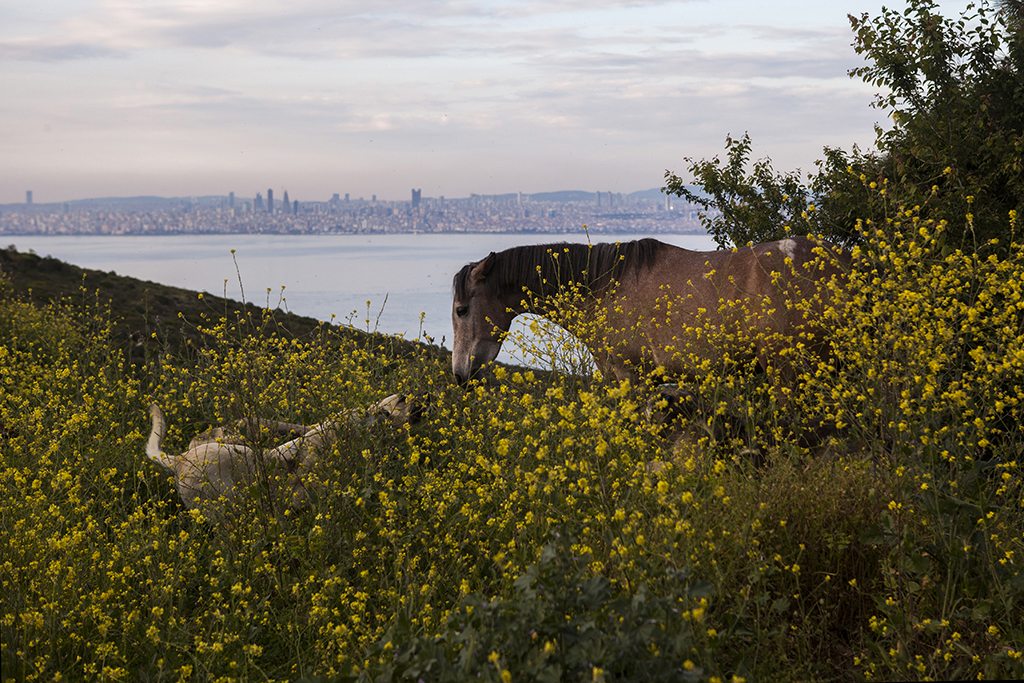
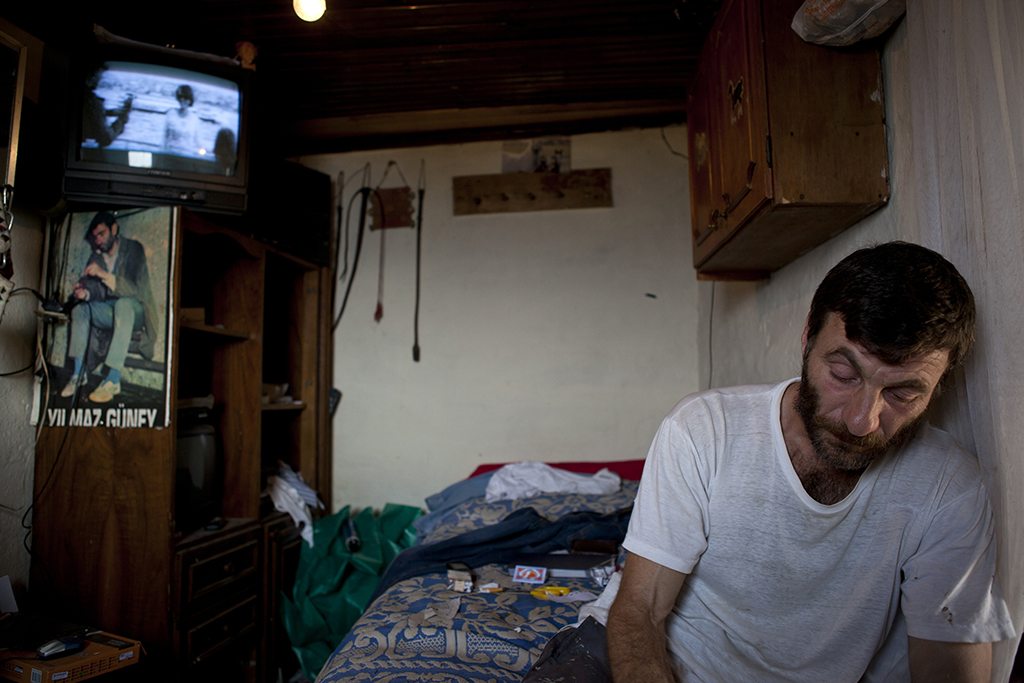
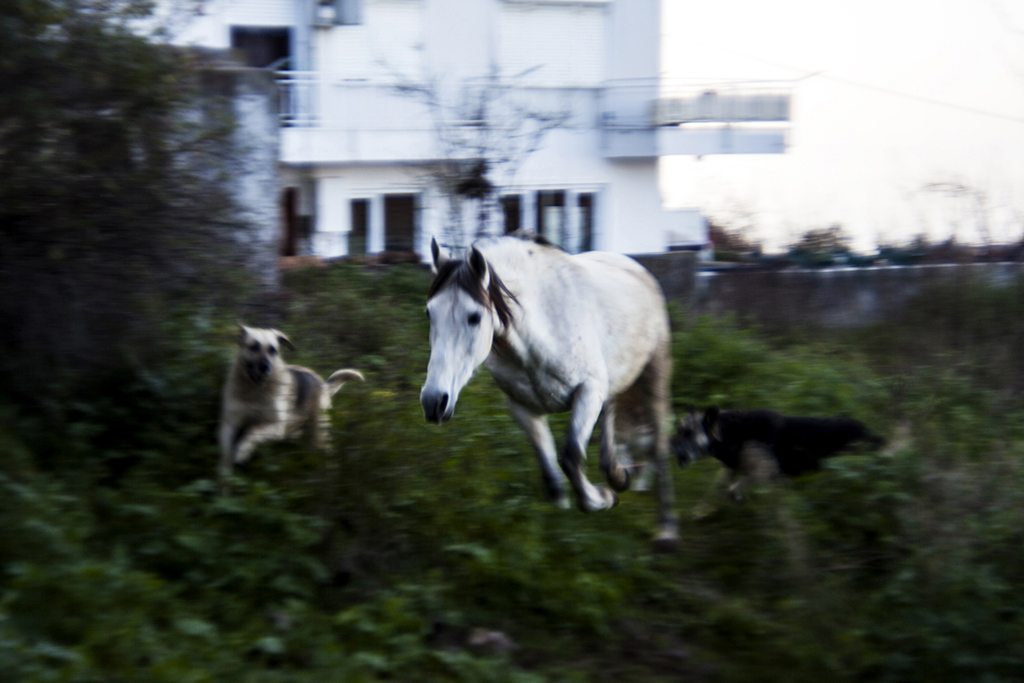
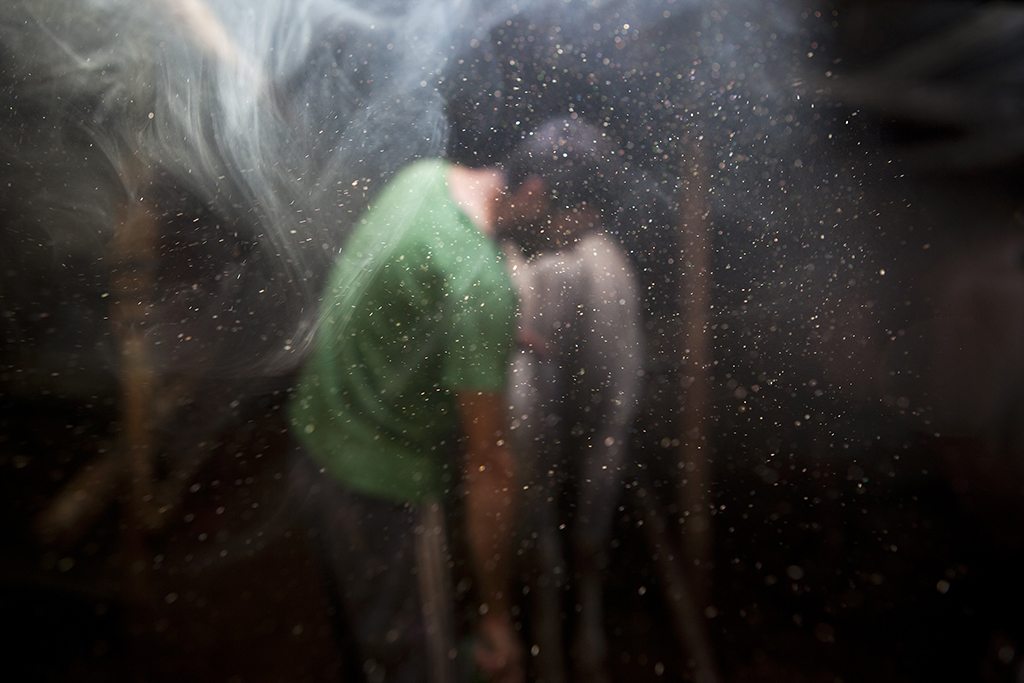
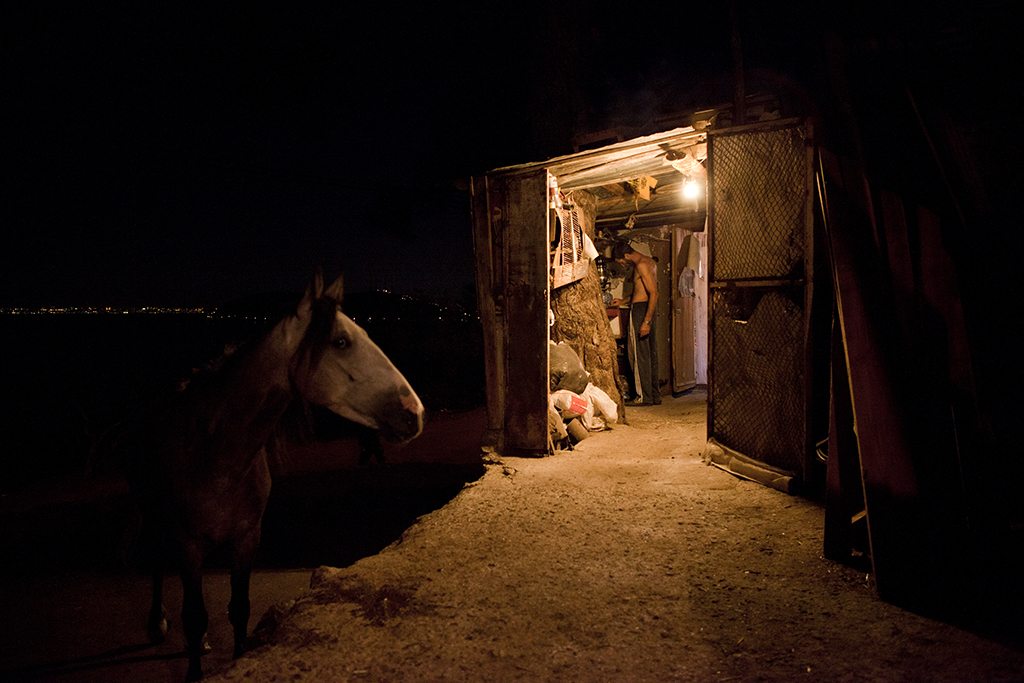
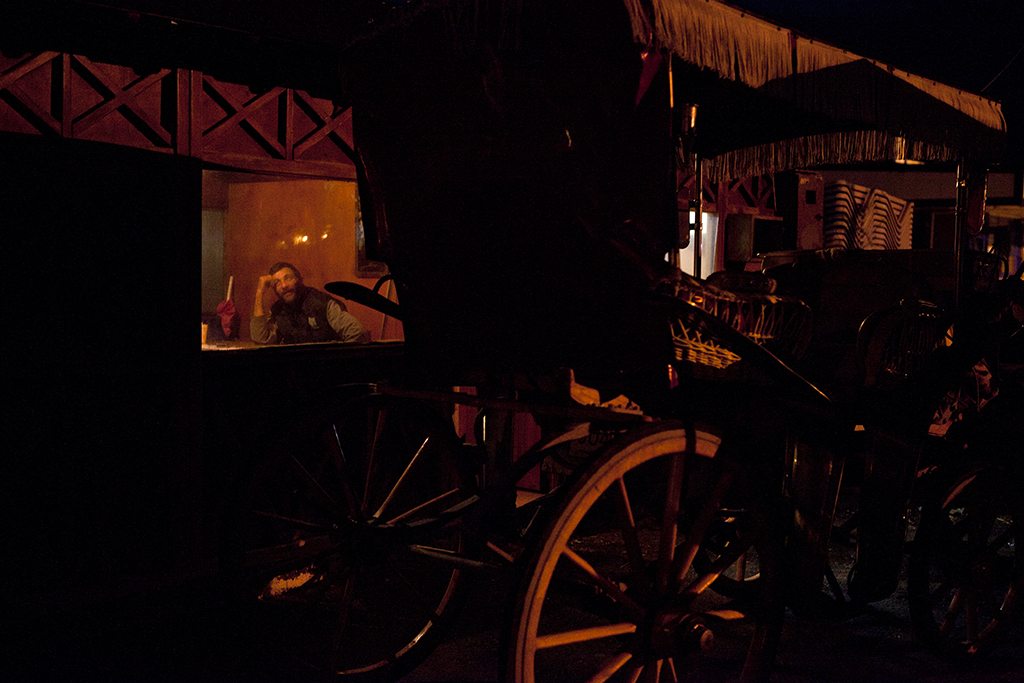
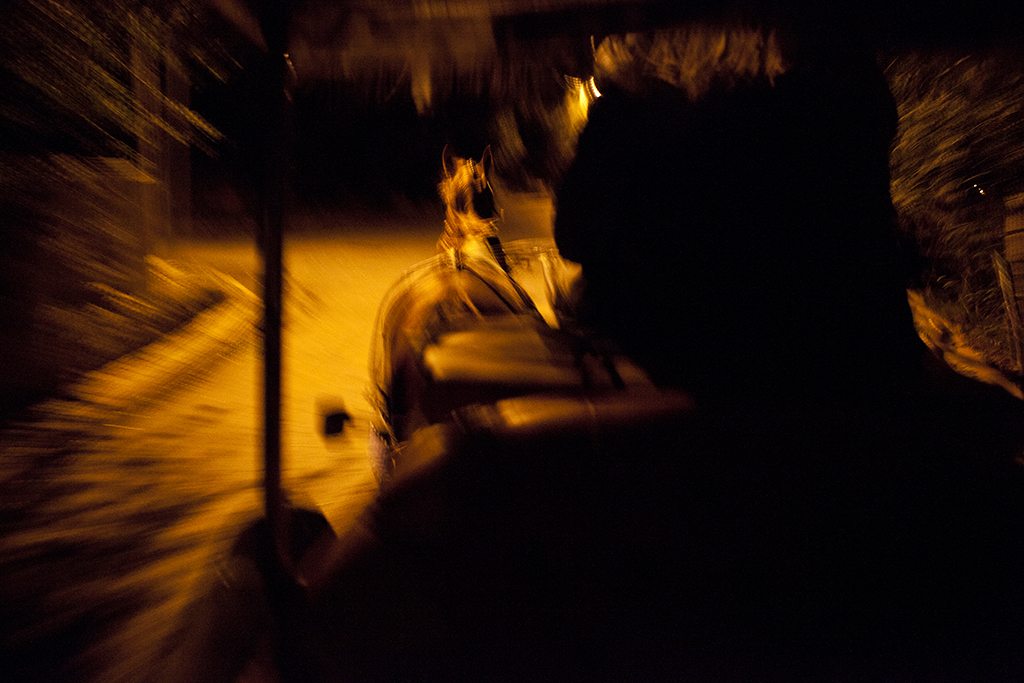
One thought on “The coachman”
Leave a Reply
You must be logged in to post a comment.







Well, you portrayed a pretty nice picture with the photographs and the personal narrative. However, it would be also misleading to think all the coachmen in Princes’ Islands relate themselves to their animals like this. On the contrary, actually, what is known, that the conditions of the animals are in a pretty pickle, treated bad by their own coachmen, lack of feeding, etc. Romanticizing their occupation is whole another issue and it leads, in my opinion, further exploitation of animals. In order to avoid any misunderstanding, my comment is not on the personal story of Koray’s, but on the second part of the story.